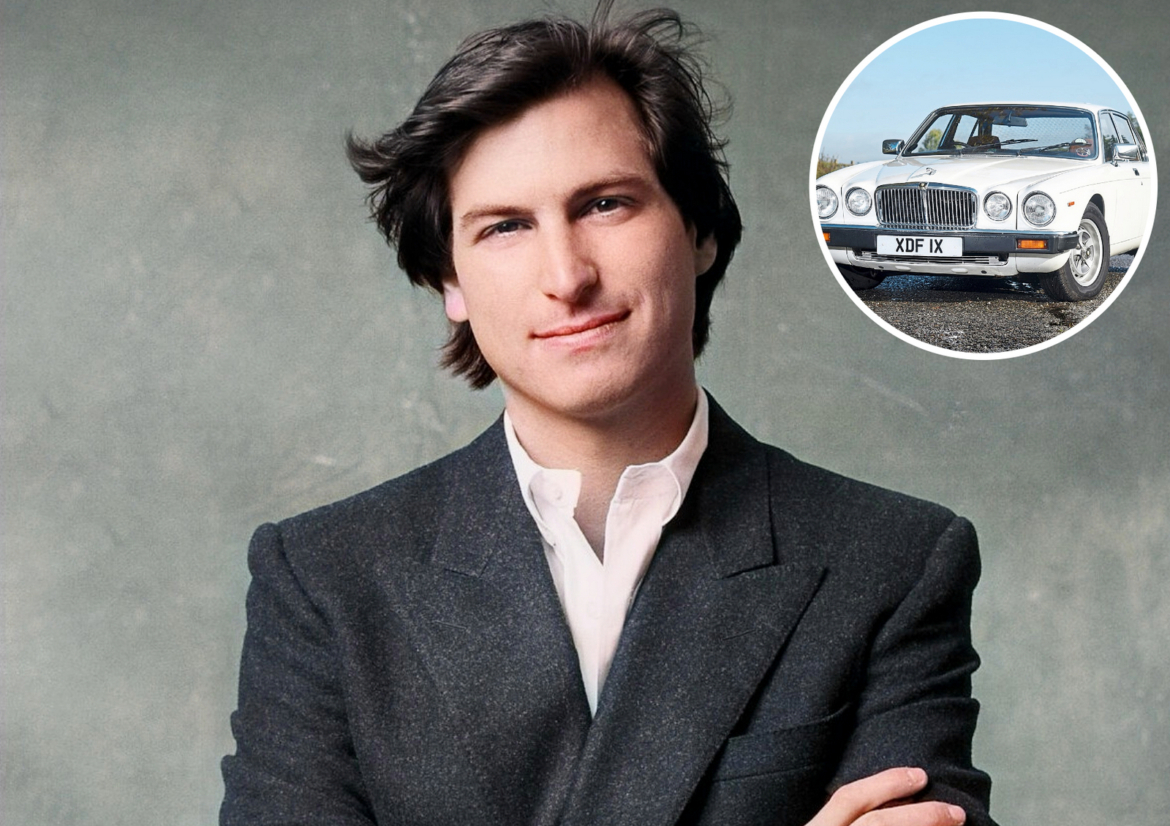In the complex tapestry of Steve Jobs‘ leadership at Apple, stories of extreme demands and harsh criticism often overshadow moments of extraordinary generosity. Yet, according to Ron Givens, Apple’s director of quality from 1981 to 1986, Jobs possessed a remarkable capacity for grand gestures that could transform ordinary workdays into unforgettable moments.
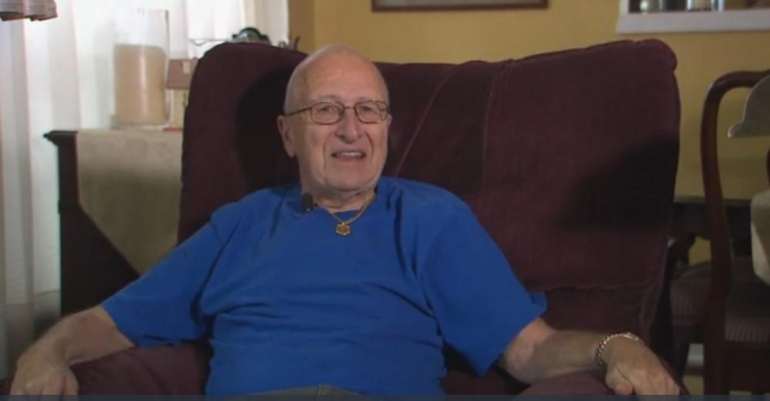
Perhaps no story better illustrates this than the day a secretary arrived late to work, which was narrated by Givens in an interview with Wral News back in 2011. When questioned by Jobs about her tardiness, she explained that her car wouldn’t start. For many leaders, this might have been an opportunity for reprimand. For Jobs, it became a moment to display both his impatience with excuses and his flair for dramatic solutions. That afternoon, he walked into her office and casually tossed her the keys to a brand new Jaguar, saying simply, “Here, don’t be late anymore.”
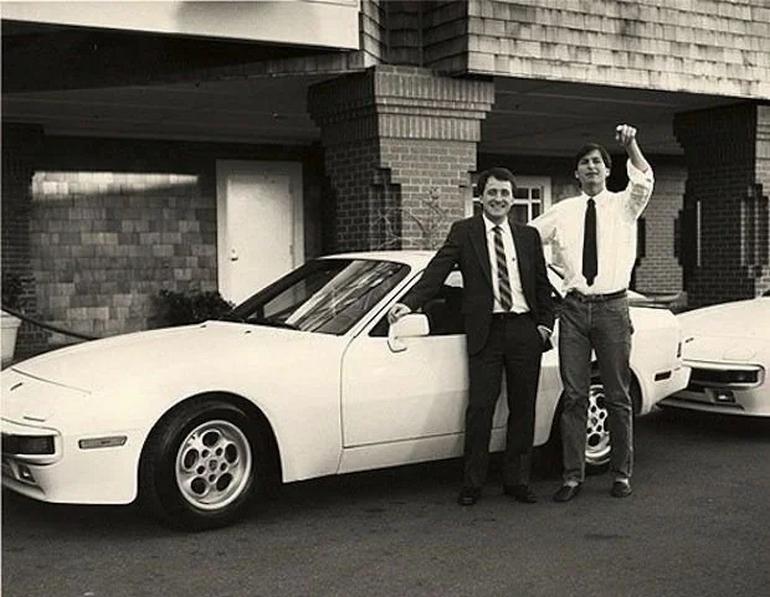
The Jaguar model that was gifted by Jobs or the exact year this incident took place are not known. However, ironically, Jaguar had a bad a bad reputation of poor reliability back in those days. This wasn’t an isolated incident. In 1984, a young computer shop employee named Craig Elliot found himself the recipient of similar largesse. After selling more Macintoshes than anyone else in the United States—125 units, a number that initially failed to impress Jobs—Elliot was summoned to Cupertino. The visit culminated in dinner with Jobs and a week with Apple executives. His reward? A brand new Porsche, handed over by Jobs himself.
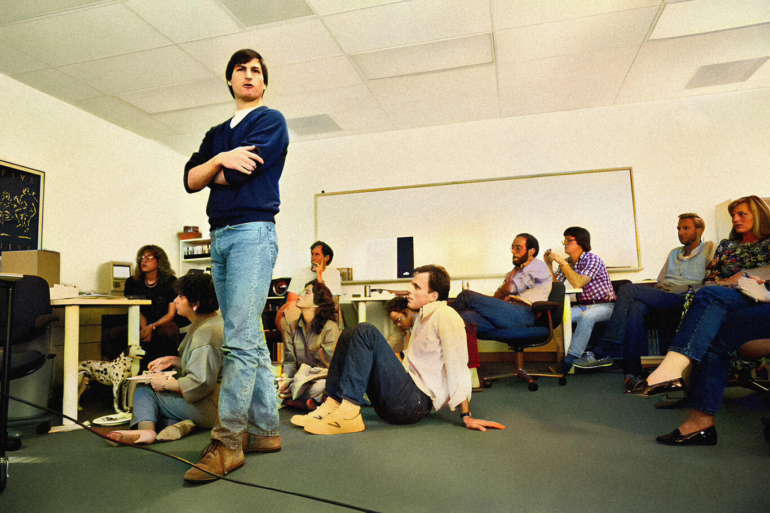
These episodes reveal a fascinating contradiction in Jobs’ character. The same man who could reduce employees to tears and whom staff reportedly avoided in elevators—fearing impromptu job evaluations during the ride—could also transform lives through acts of spontaneous generosity. The contrast is striking: while some employees experienced what NeXT staff dubbed the “hero/shithead roller-coaster” of Jobs’ management style, others found themselves unexpected beneficiaries of his capacity for recognition and reward.
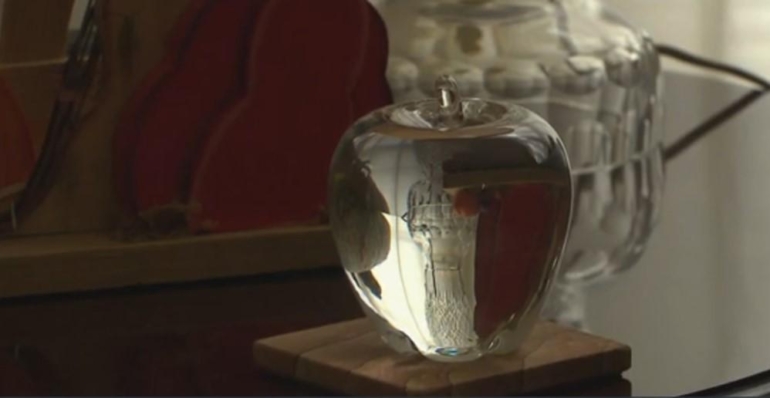
Givens’ unique perspective on Jobs, colored by their twenty-year age difference, offers valuable insight into this duality. “People were afraid of him. I was 20 years his senior, so I wasn’t afraid of him,” Givens recalled. This lack of intimidation allowed him to witness Jobs’ complexity up close, including his pattern of “surprising people” with generous gifts. Givens himself became the recipient of a Steuben glass apple worth $1,000, a token that spoke to Jobs’ appreciation for both quality and symbolic gestures.
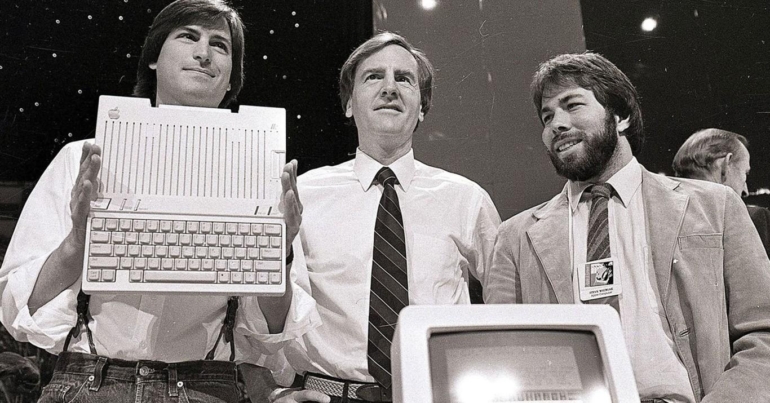
What emerges from these accounts is a portrait of a leader whose harsh exterior masked a nuanced understanding of human motivation. Jobs’ gift-giving wasn’t merely about generosity—it was a sophisticated management tool. The Jaguar wasn’t just a car; it was a statement about expectations and excellence. The Porsche wasn’t simply a reward; it was a recognition of exceptional performance that led to a decade-long career at Apple for Elliot.
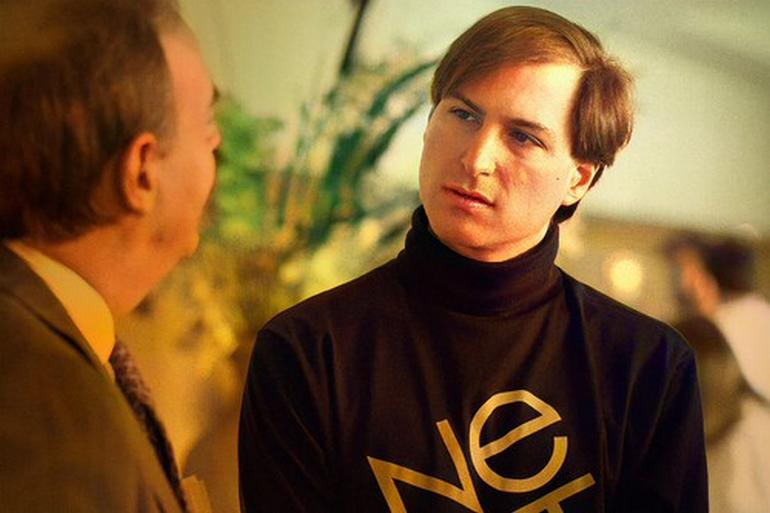
This pattern aligns with Jobs’ broader management philosophy, as explained to his biographer Walter Isaacson: “That’s just who I am.” His demanding nature and occasional harshness came from the same place as his generous gestures—an unrelenting drive for excellence and a deep understanding of how to motivate people. As Apple employee Mike Evangelist noted, Jobs’ seemingly harsh treatment often pushed people to achieve beyond their perceived capabilities.
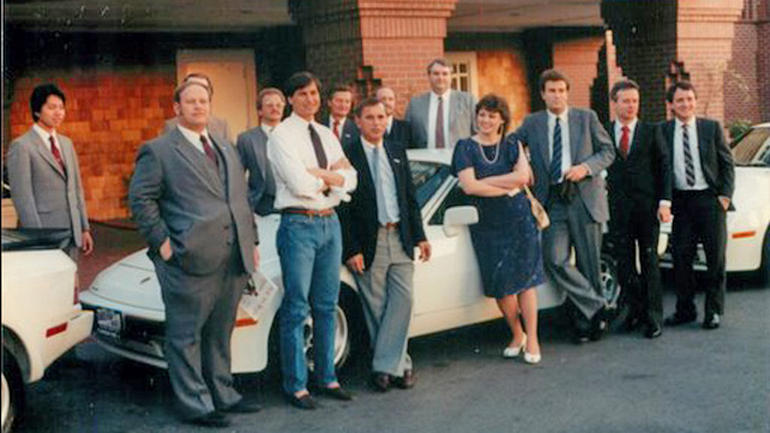
The gift-giving episodes, when viewed alongside Jobs’ reputation for being a difficult boss, suggest that his management style wasn’t simply binary but rather part of a complex approach to leadership. The man who could harshly criticize an employee’s work as “sh*t” was the same one who could recognize and reward excellence with life-changing generosity. Both behaviors served the same ultimate goal: pushing people and the company toward what Jobs saw as achievable excellence.
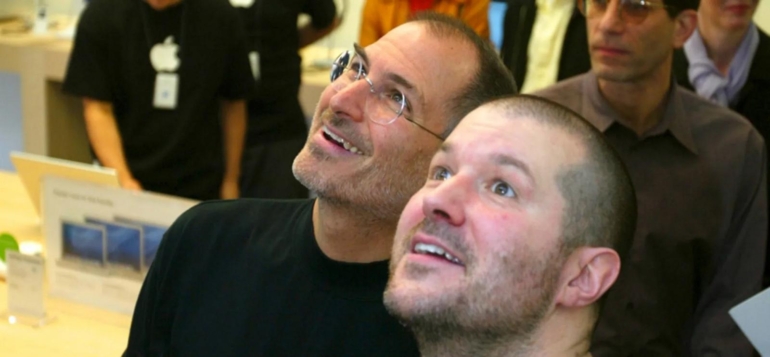
Jony Ive, Apple’s chief designer and one of Jobs’ closest collaborators, perhaps best captured this complexity in his tribute after Jobs’ passing. He described a leader who “cared the most” and “worried the most deeply,” whose demanding nature came from a genuine commitment to excellence rather than mere capriciousness. The gifts of Jaguars and Porsches, viewed through this lens, weren’t just acts of generosity but expressions of that same deep care—rewards for those who demonstrated the excellence Jobs constantly sought.
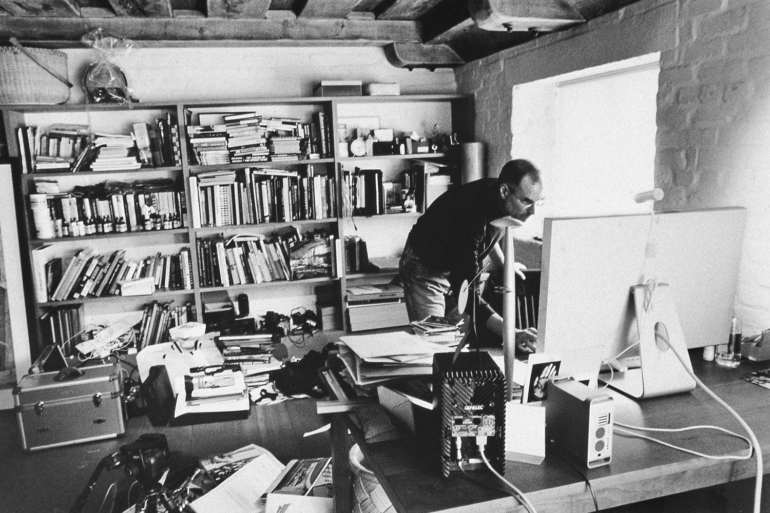
In the end, these stories of unexpected generosity don’t negate Jobs’ reputation as a demanding, often difficult boss. Instead, they add crucial depth to our understanding of his leadership style. They reveal that behind the feared elevator encounters and notorious criticism lay a leader capable of remarkable recognition and reward—a man whose harsh exterior occasionally cracked to reveal surprising warmth and generosity.
